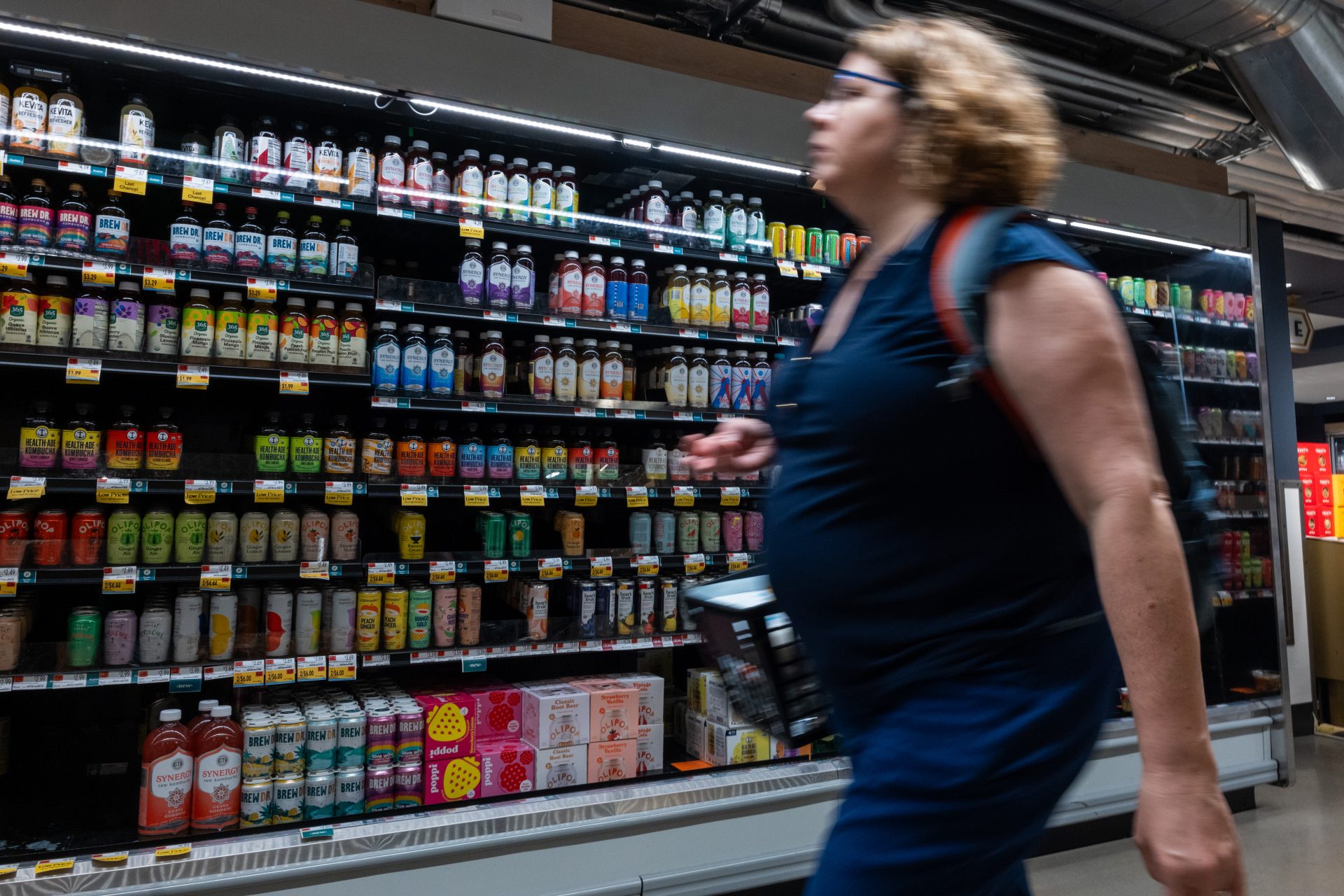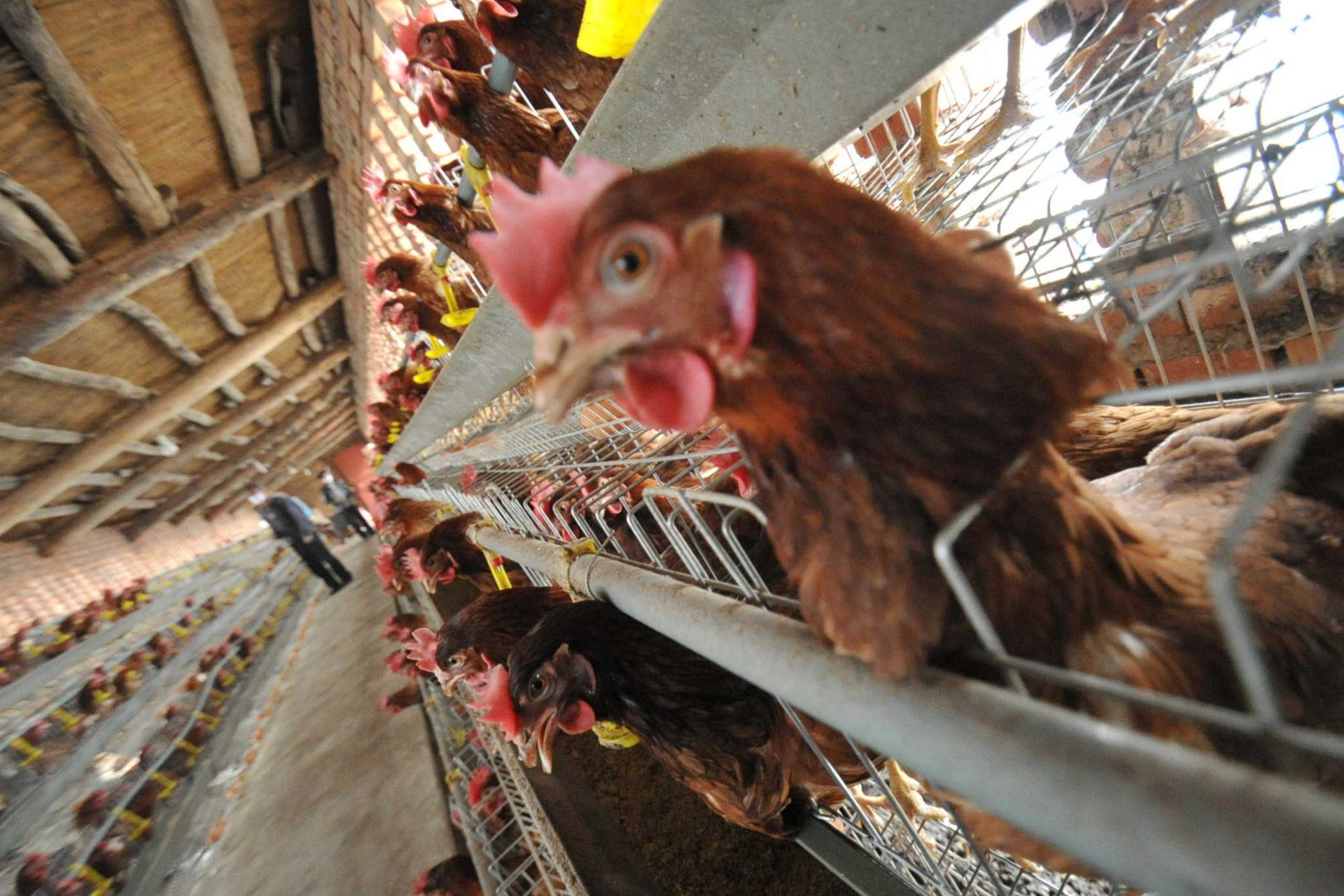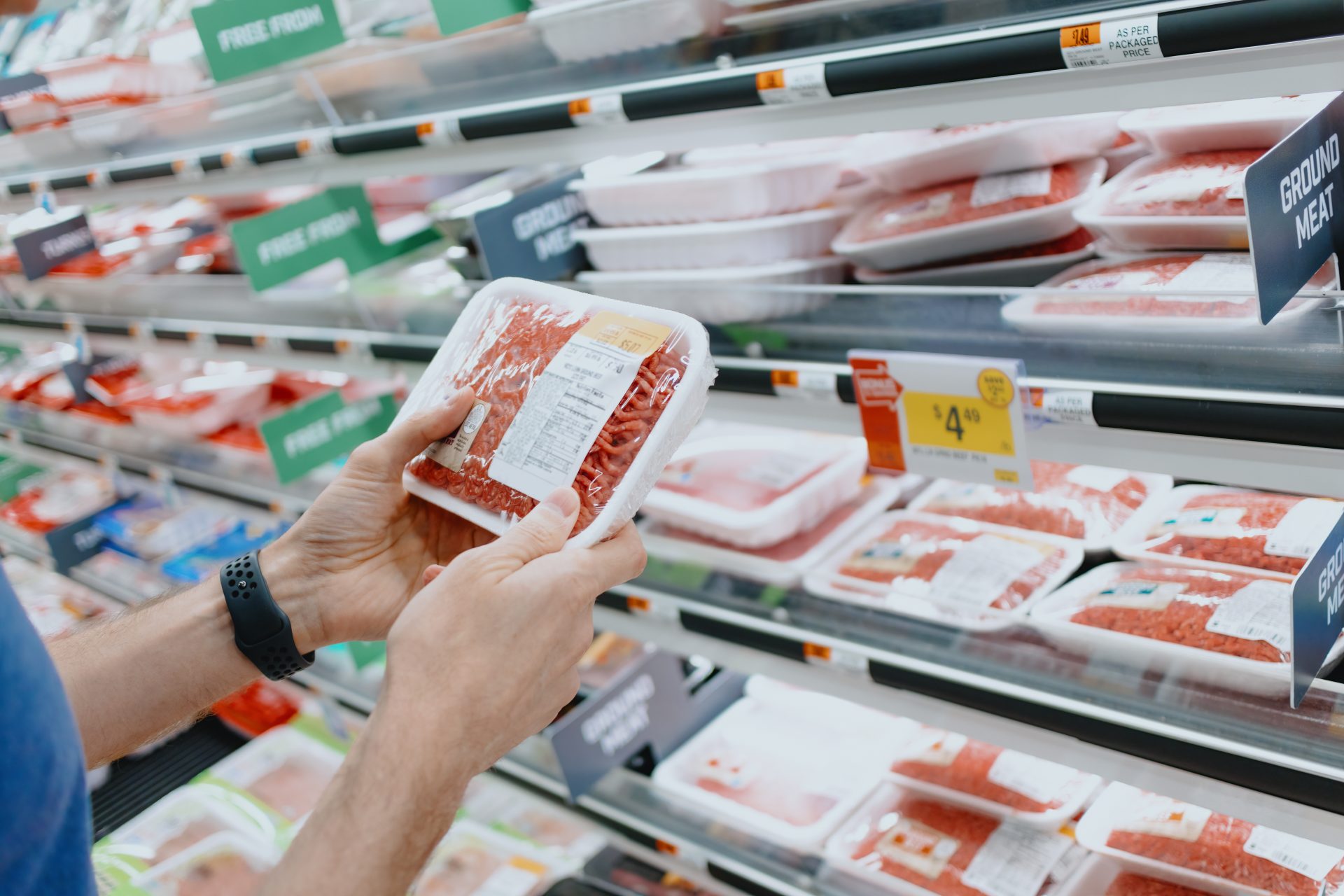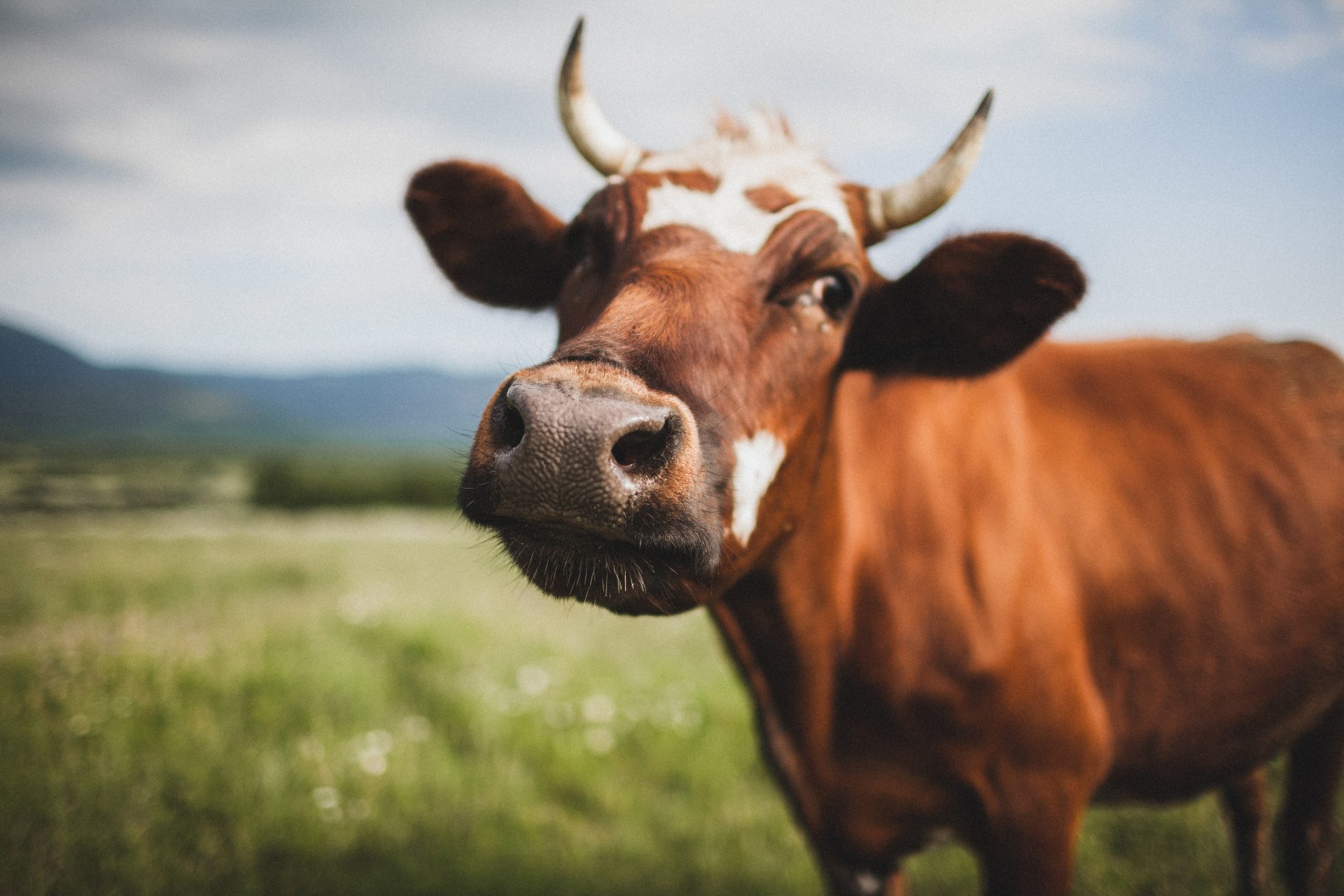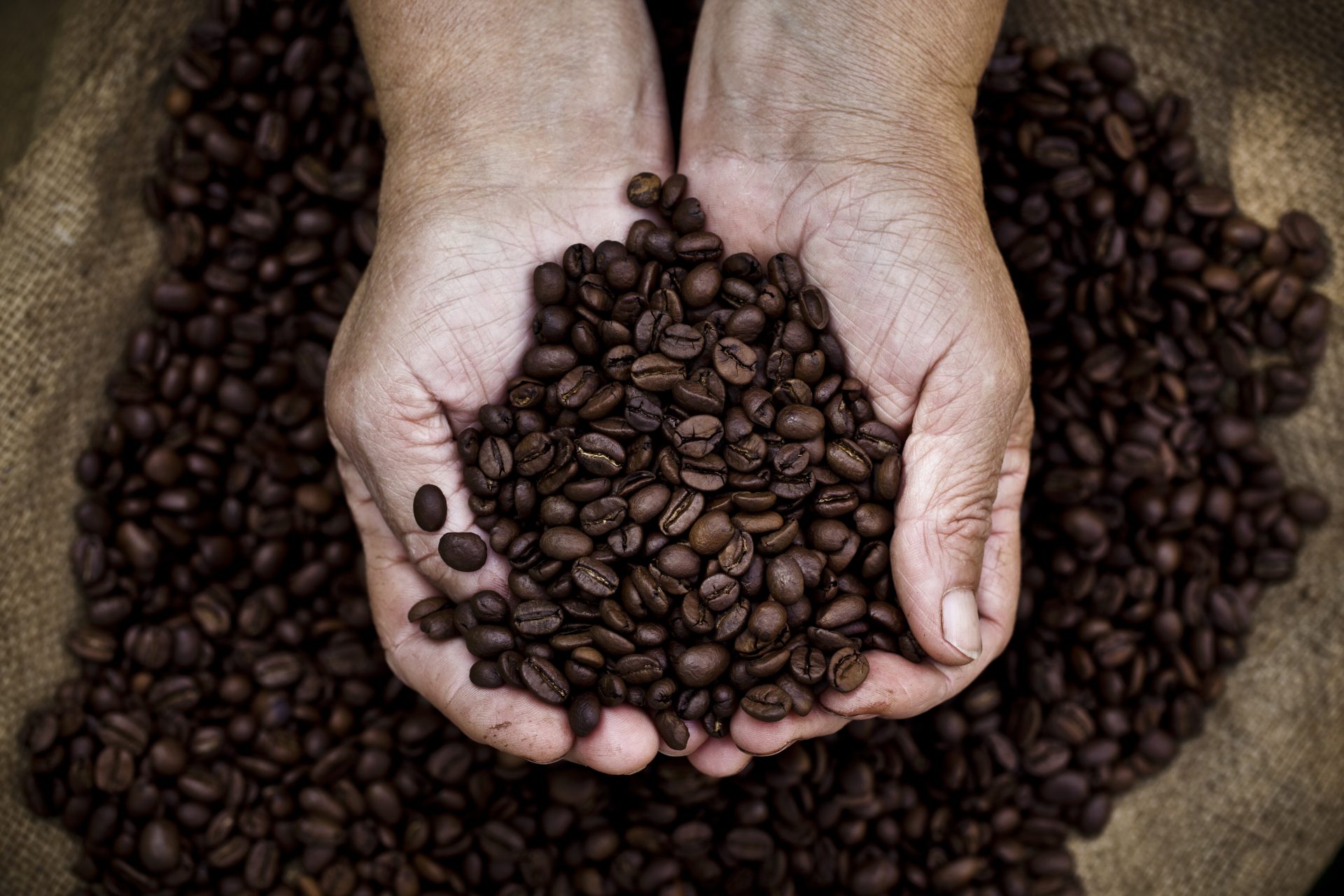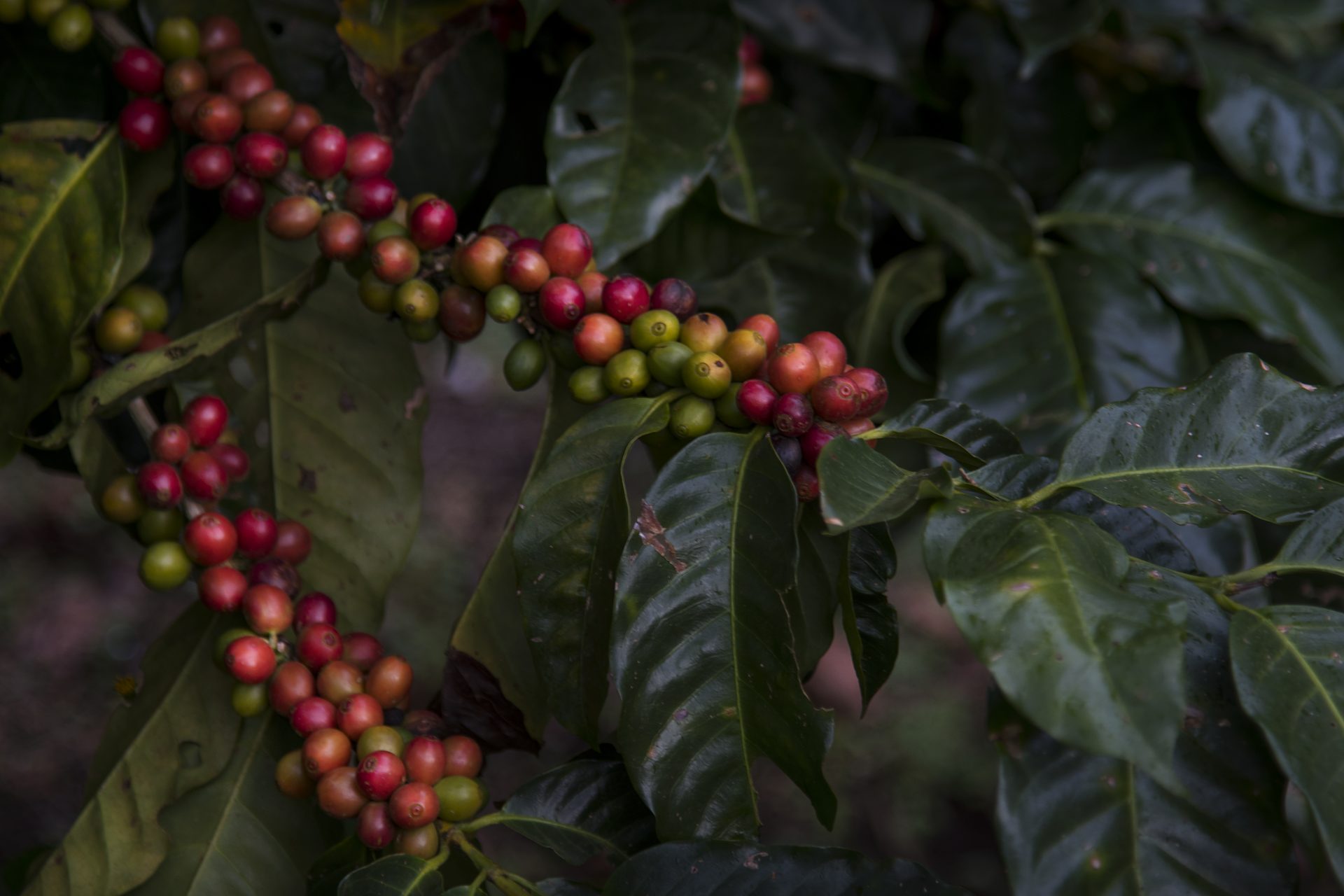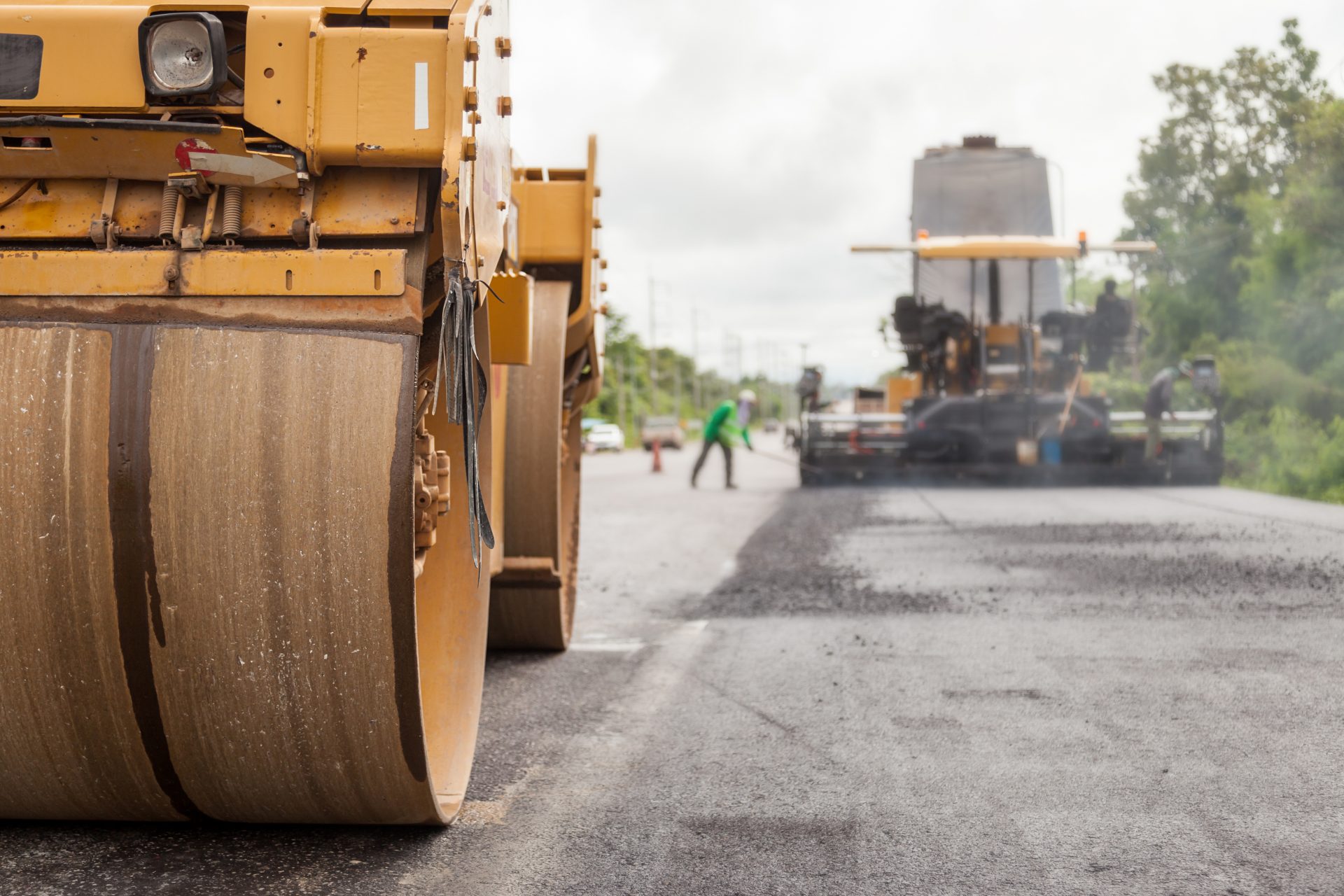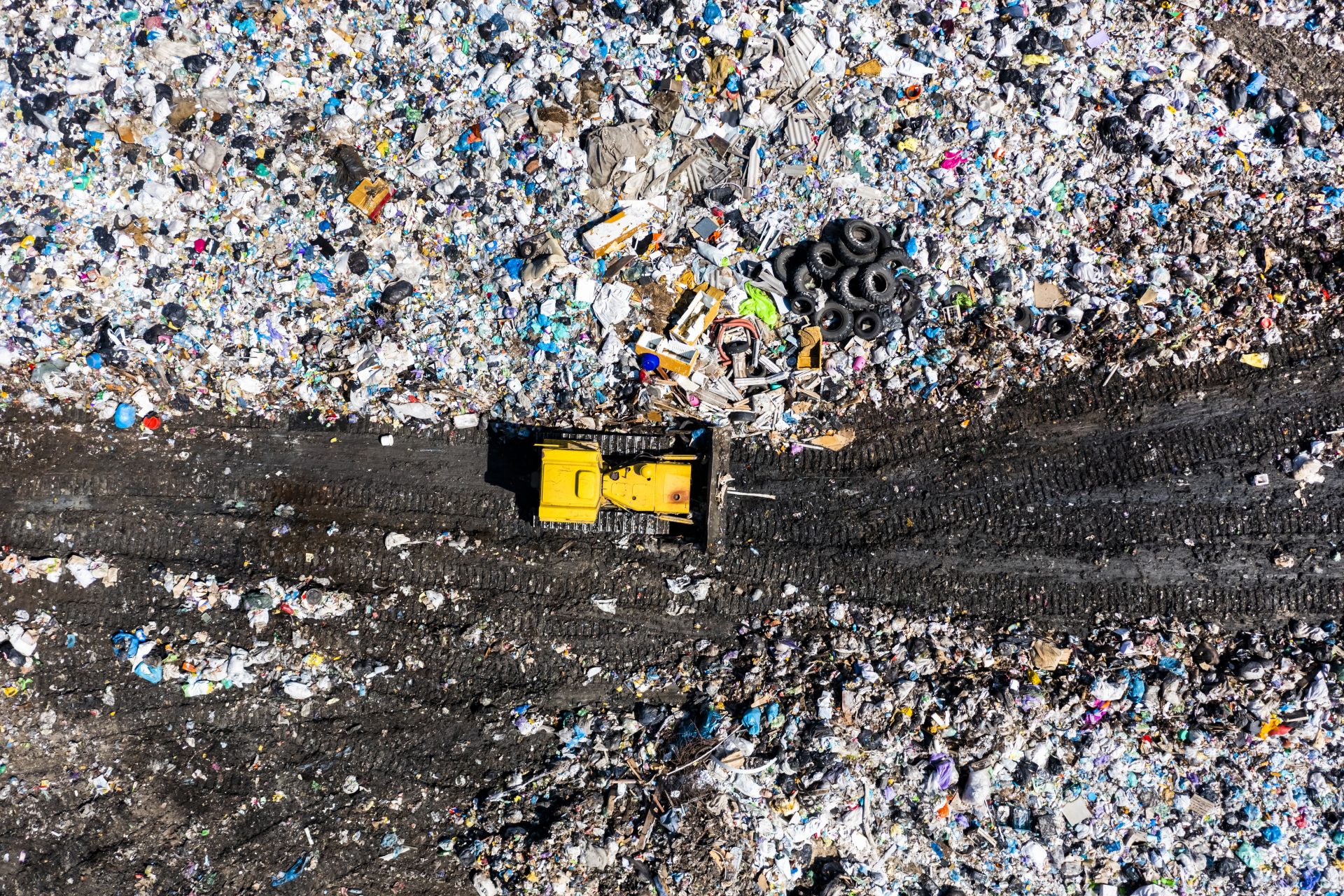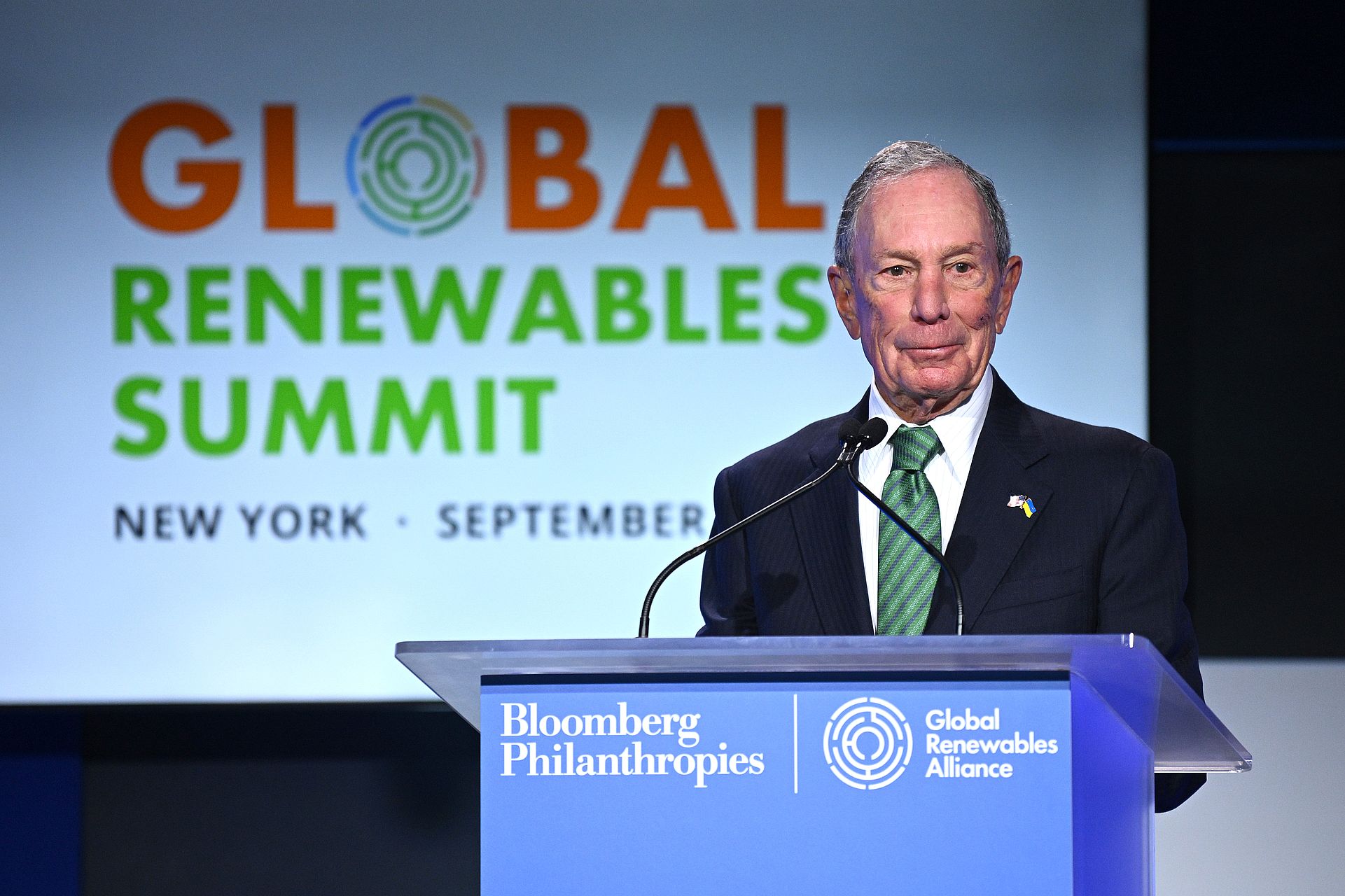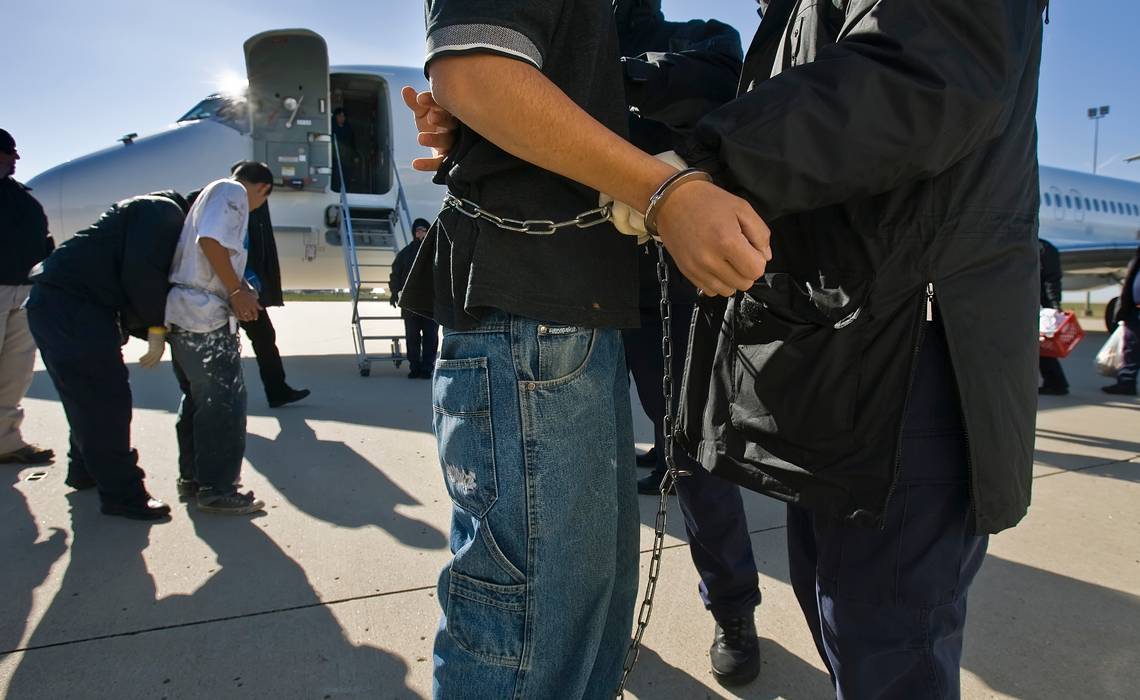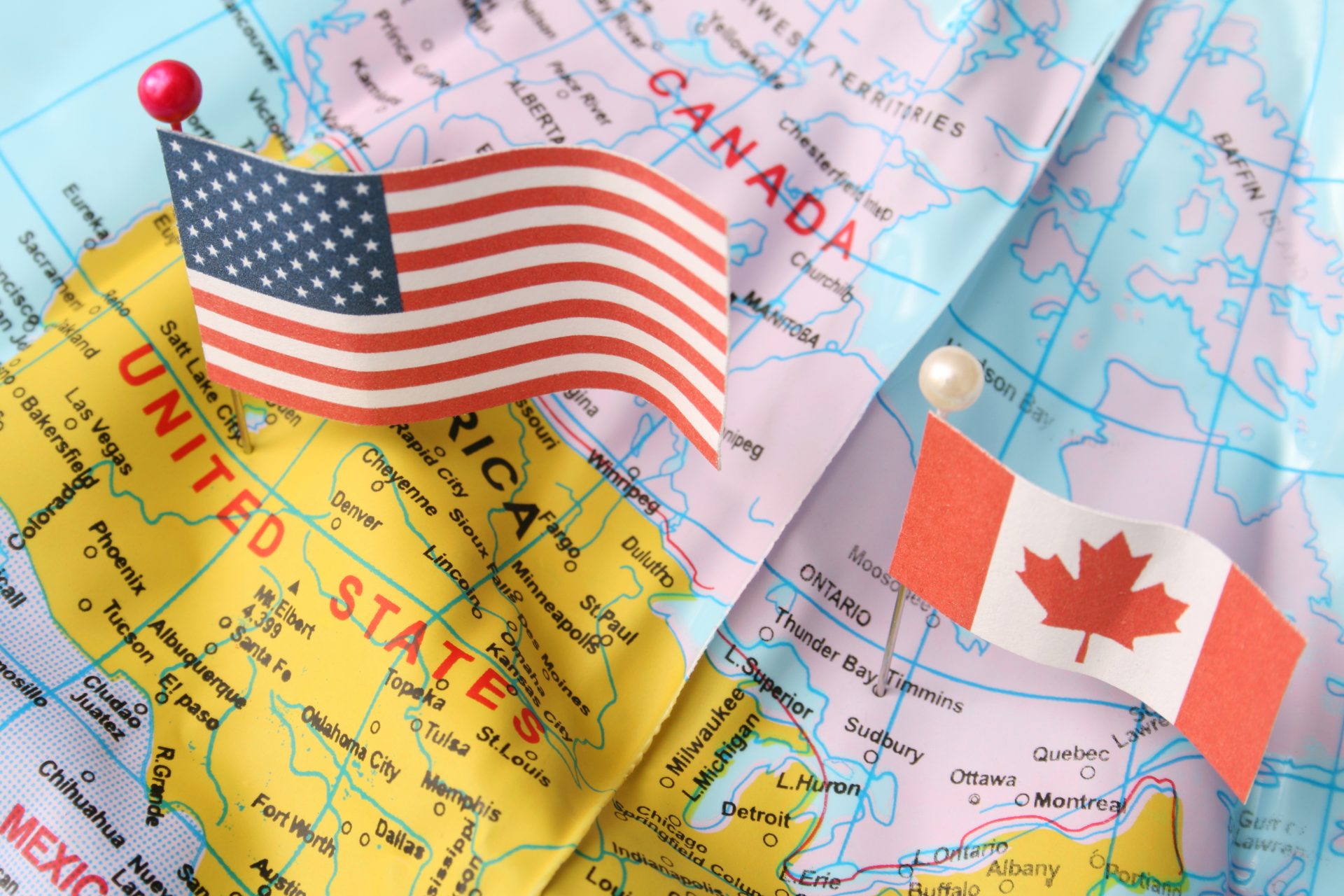Why are eggs in the US so expensive again?
The Federal Reserve's progress in controlling inflation staggered in November. Consumer prices rose about 2.7%, the Bureau of Labor Statistics Reported.
According to the Wall Street Journal, prices increased at the fastest monthly pace in a year and a half. The newspaper said a jump in vehicle prices led to cost rises.
The difference between this rise and the uncontrolled inflation of the last years is that there are distinct reasons for it. Car prices, for example, rose in part because hurricane victims replaced their trucks, WSJ said.
Unlike the post-COVID inflation, this month's price tick-ups are more product-specific and do not necessarily signal a systemic economic problem or a need to find large-scale solutions.
The same is true for food prices. CNN identified five products that contributed most to the rise in Americans' grocery store bills. Each product has a different reason.
Eggs were a clear indicator of how prices had risen at the height of the post-COVID inflation, and they are expensive again. According to CCN, they cost 8% more in November than October.
An avian flu outbreak affects egg production, reducing supply when demand rises due to the holidays. During the festive season, people bake, gather, and eat out more.
According to the CPI report, beef prices increased 3.1% in November. It was one of the drivers in the price increases in its category, next to eggs.
According to CNN, the US cattle inventory is at a 70-year low. The broadcaster said the American Farm Bureau Federation warned that the tendency could continue in 2025.
The Consumer Price Index (CPI) report said soft drinks were also more expensive in November. CNN cited frozen orange juice as one clear example.
Citrus trees were severely damaged by hurricanes Helene and Milton this year. Imported orange juice comes from Brazil, where floods also damaged citrus production.
Extreme weather in other countries is also affecting the prices of coffee and chocolate. According to CNN, both products grew over a point annually in November.
Most Americans drink coffee brewed from Arabica beans from Brazil, affected by the same floods as citruses. Chocolate has problems worldwide as major African producers wrestle with a terrible drought.
More for you
Top Stories



